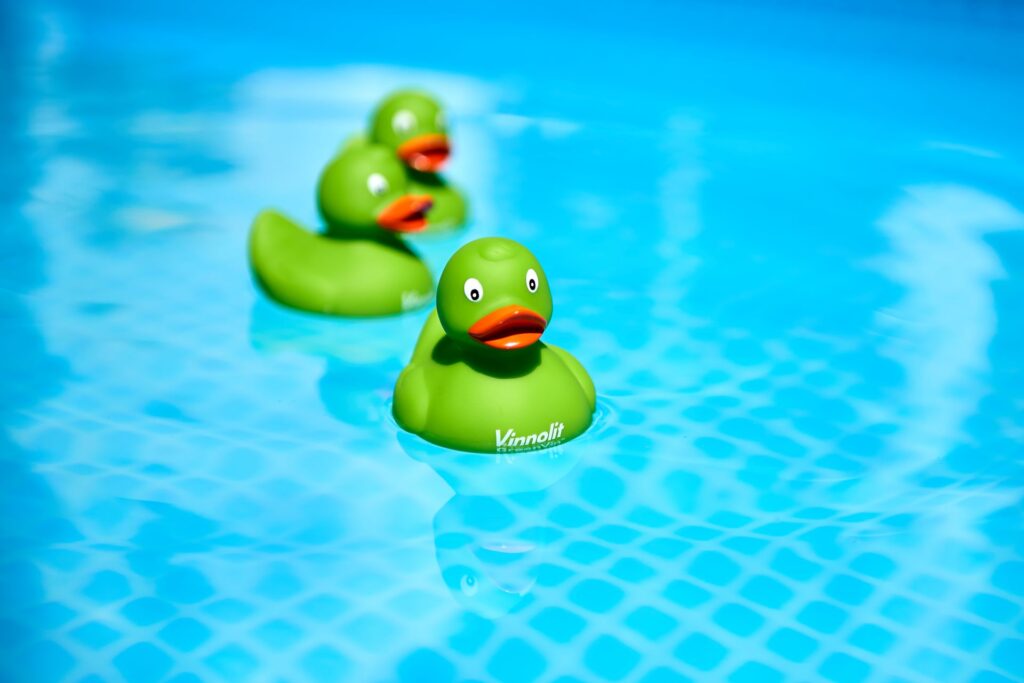Westlake Vinnolit continues to expand its lower-carbon GreenVin® product line: Effective immediately, the company also offers GreenVin® bio-attributed PVC based on renewable ethylene.
Westlake Vinnolit’s lower-carbon GreenVin® product line continues to expand: in addition to GreenVin® PVC, with approximately 25% CO2 savings through the use of renewable electricity (Guarantees of Origin with quality label) in the Westlake Vinnolit production chain, GreenVin® bio-attributed PVC is now also available. GreenVin® bio-attributed PVC is produced with renewable electricity and ISCC PLUS-certified renewable ethylene from biomass. The CO2 savings of GreenVin® bio-attributed PVC is about 90% *, compared to conventionally produced Vinnolit® PVC.
“Climate protection is important to us and we are constantly looking for new ways to make our product portfolio and production processes more sustainable,” says Westlake Vinnolit Managing Director Dr. Karl-Martin Schellerer. “Renewable electricity and renewable raw materials, such as biomass, play a key role in this. In this regard, with GreenVin® bio-attributed PVC, we rely on non-food biomass (second generation), such as plant residues and waste materials, which does not compete with the food chain.” Westlake Vinnolit sources the renewable ethylene from from OMV and other partners, replacing fossil ethylene in PVC production. GreenVin® bio-attributed PVC is both ISCC PLUS and REDcert2 certified, using the mass balance approach.
“Our customers now have the entire Westlake Vinnolit PVC portfolio available as both GreenVin® and GreenVin® bio-attributed, with unchanged product quality and processing properties,” emphasizes Dr. Thomas Brock, Director of the Business Unit Vinyls, Innovation, Technology. “With GreenVin® bio-attributed PVC, we are actively helping our customers achieve their sustainability goals. In doing so, we also support the goals of VinylPlus®, the European PVC industry’s voluntary commitment to sustainable development.”
* Based on a cradle-to-gate Product Carbon Footprint (PCF) study by Sustainable AG reviewed by TÜV Rheinland, in accordance with the ISO 14067 standard, taking into account biogenic CO2 fixations.


Media Contakt:
Dr. Oliver Mieden, Head of Environmental Affairs & Corporate Communications
Westlake Vinnolit GmbH & Co. KG, Carl-Zeiss-Ring 25, 85737 Ismaning, Germany
Phone: +49 (0)89 96103-282, E-Mail: oliver.mieden@westlakevinnolit.com
Andrea Walter, Corporate Communications
Westlake Vinnolit GmbH & Co. KG, Carl-Zeiss-Ring 25, 85737 Ismaning, Germany
Phone: +49 (0)89 96103-240, E-Mail: andrea.walter@westlakevinnolit.com
